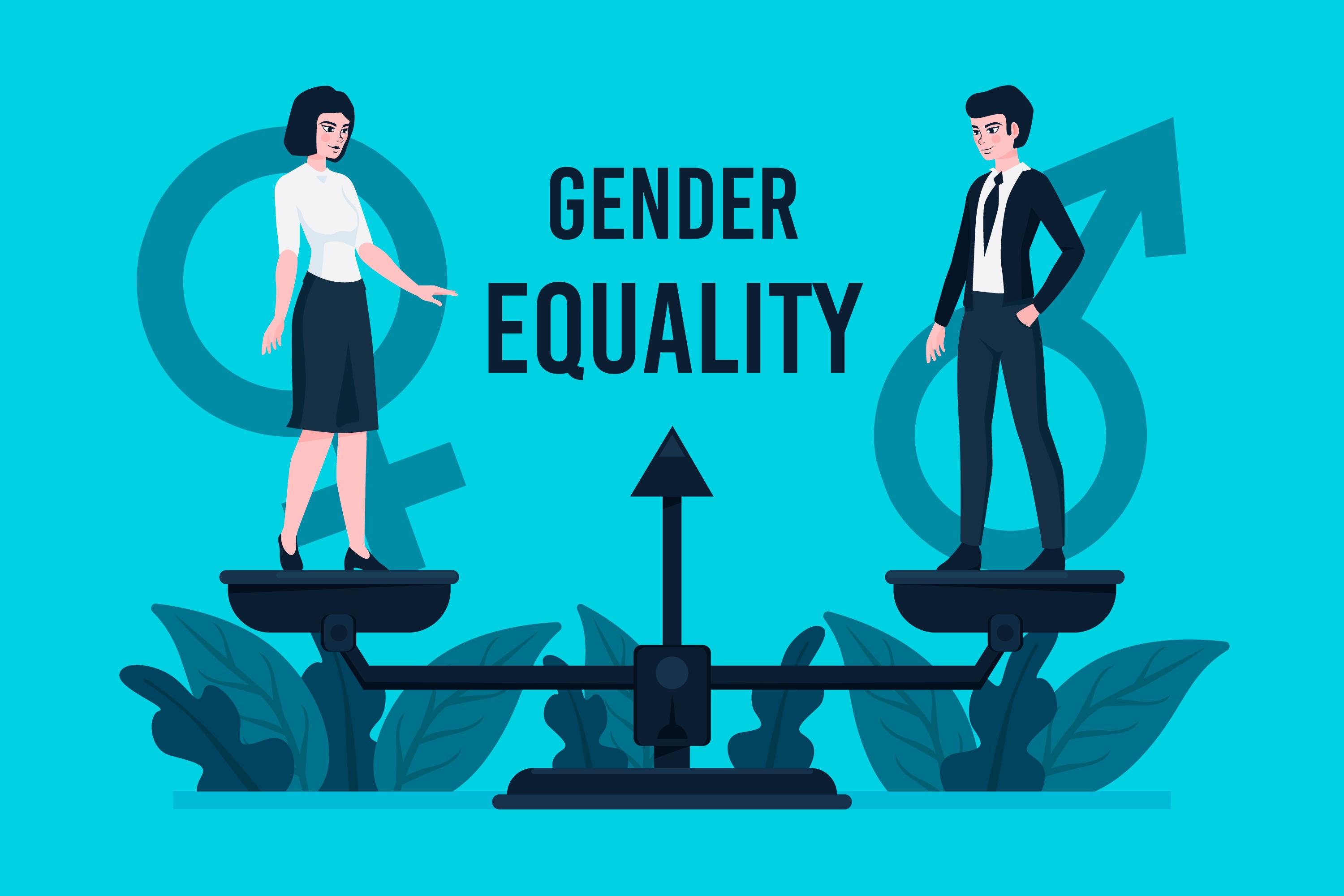
What is Gender Inequality?
Gender inequality is discrimination on the basis of sex or gender causing one sex or gender to be routinely privileged or prioritized over another. Gender equality is a fundamental human right and that right is violated by gender-based discrimination. Gender Inequality in Africa Causes & Solutions Gender inequality has been a crucial social issue in Africa for centuries and research has shown us that in Africa gender inequality affects the female gender more than the male gender.The discrimination starts even before the girl child is born. In many instances, she is prevented from being born. The girl child is considered a burden. She is often deprived of the basic rights and equal opportunities to lead a wholesome childhood and adult life. The girl gender are mostly engaged in child labor, child trafficking and child marriage. The future of innumerable girls looks grim in Africa due to gender inequality. Causes of Gender Inequality in Africa Undoubtedly, gender discrimination in the society is a grave concern, and a host of personal, societal and cultural aspects are at the core of this development.
Our Experts have found several causes of gender inequality in Africa and some of them are discussed here.
1. Poverty Poverty stands as one of the primary drivers of gender inequalities. According to research approximately 70% of the world's impoverished population is female. Poverty restricts access to education, healthcare, and economic opportunities.

2. Child Marriage Child marriage is another alarming aspect of gender inequality, disproportionately affecting girls. Alot of girls in some part of Africa married before the age of 18 every year. Such practices hinder their personal development and perpetuate gender disparity across generations. Lack of education is one of the key causes of gender inequality that significantly exacerbates the problem.Research shows us that a lot of girls are out of school in Africa,with less access to learning opportunities than boys. Right to education is crucial in empowering girls to make informed choices, pursue careers, and challenge societal norms.
3. Poor Medical Health Poor medical health also plays a major role in maintaining gender discrimination in the society. In regions with inadequate healthcare facilities, girls face higher maternal mortality rates, limited access to family planning, and health-related biases.
4. Lack of Awareness & Patriarchal Norms Lack of awareness and ingrained patriarchal norms further contribute to gender inequality. When societies perpetuate gender stereotypes and discrimination, it becomes challenging to break free from the shackles of inequality. Patriarchal norms hold back many girls from striving for their dreams by receiving a quality education, medical facilities and overall awareness for their well-being.

To address gender inequality effectively, we must tackle these interconnected causes of gender inequality and work towards establishing sustainable change patterns that will successfully eradicate this cycle of gender inequality.
Solutions To Avoid Gender Inequality in Africa Raising awareness about child rights and gender biases is the stepping stone to challenge societal norms.
Providing equal opportunities in education, employment, and leadership roles has the ultimate potential to empower underprivileged and socially-suppressed girl children to thrive in all aspects of their lives. Promoting girl education is vital for breaking the cycle of gender disparity.
Additionally, stringent child protection measures must be enforced to combat discrimination and violence against girls. How Fadaka Olufunke Foundation is Working To Bring Change? We, at Fadaka Olufunke Foundation, have been working towards bridging the gap and ensuring that young girls across Africa receive essential resources that help improve their mental, physical, and emotional development. Discrimination issues in Africa are deep-rooted and practiced for generations, and that is why it requires long-term intervention, which we have been providing to underserved communities across Africa. Fadaka Olufunke Foundation aims to create a world where the girl child is celebrated and has access to equal opportunities to study, grow, and prosper as her male counterpart.
 Fadaka Olufunke Foundation efforts to bring about a change in this situation include:
Fadaka Olufunke Foundation efforts to bring about a change in this situation include:
* Children Education that helps create attitudinal shifts towards gender bias, and activities to spread awareness.
* Continuous efforts toward breaking myths and stereotypes around gender.
* Ensuring accountability of the State to implement various schemes, policies, laws, constitutional guarantees, and international commitments.
* Institutionalising gender-sensitive processes within various systems such as law and programs.
* Encouraging community ownership in preventing violations based on gender discrimination.
Written by: Oyindamola Olopade
Organisation: Fadaka Olufunke Foundation
This is super nice
ReplyDeleteInteresting
ReplyDeleteVery nice
ReplyDeleteThis is super nice
ReplyDelete